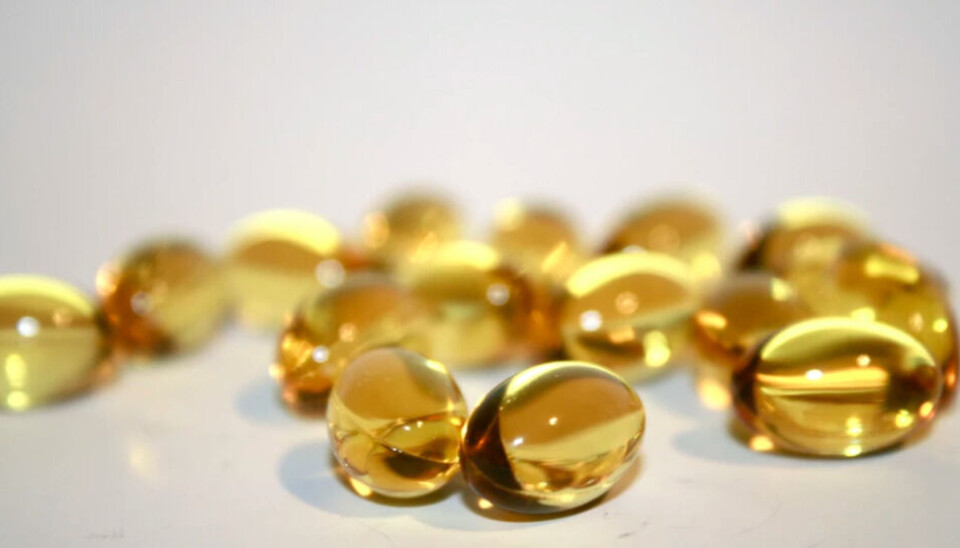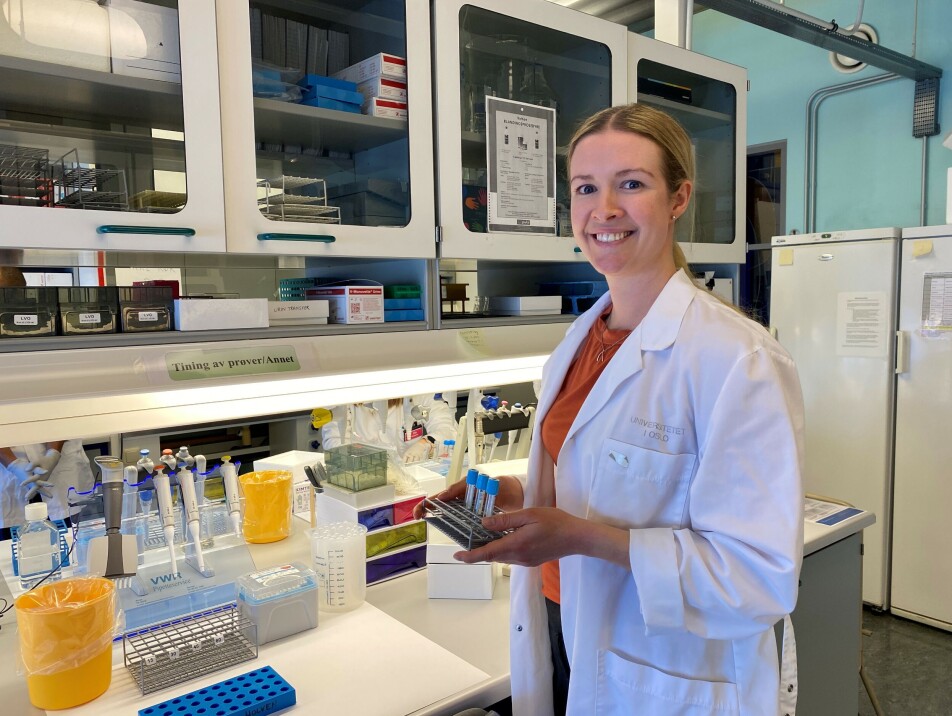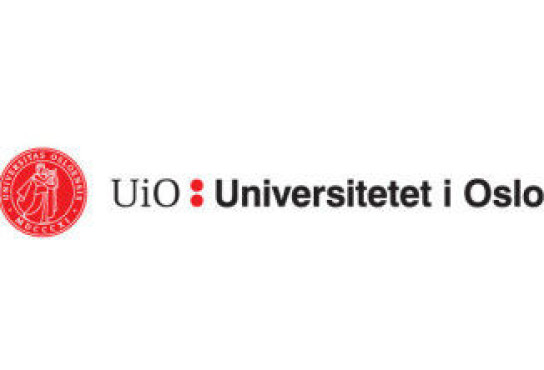THIS ARTICLE/PRESS RELEASE IS PAID FOR AND PRESENTED BY University of Oslo - read more

We should use more of the fish for human consumption
Those who took capsules containing fish meal had significantly higher levels vitamin B12 and selenium in their blood, a new study shows.
In Norway, a third of the fish we produce is used for animal feed.
"Shouldn’t we use more of the fish we already produce for human consumption?" asked research fellow Kristin Solheim Hustad and her colleagues at the University of Oslo’s Department of Nutrition.
They looked at several of the United Nation’s 17 sustainable development goals, for example better nutrition, food security and ending hunger. The goals also state that it is important to preserve and use the oceans and marine resources in a sustainable way.
The scientists wanted to find out whether fish meal made from salmon waste could affect vitamin and mineral levels in the blood. Participants in their study were asked to take ten capsules three times a day for eight weeks. Half the participants were given capsules containing fish meal from salmon and half were given only a placebo.
"The level of vitamin B12 and selenium in the blood of participants who took capsules containing fish meal increased significantly compared to that of the placebo group. We also looked at other substances such as vitamin D, omega 3, folate (vitamin B9) and zinc, but we found no change in the level of these," says Hustad.

Acceptable level of environmental toxins in fish meal
When asked whether people could just eat fish filets instead, Hustad referred to another study, where the participants did eat fish filets and also achieved higher levels of vitamin B12 and selenium in their blood. However, they had to eat a great deal more fish, compared to taking the capsules.
In recent years, there has been a good deal of focus on environmental toxins found in fish. But Hustad can put our minds at rest on this account:
"The contents of the fish meal did not exceed the acceptable levels of the toxic substances we studied, including mercury, dioxins and dioxin-like PCBs," she says.
Many of us have a low intake of selenium
The research fellow explains that the study is important because 40 per cent of pregnant Norwegian women have too low an intake of selenium. Sources of selenium and B12 are meat, fish, seafood, eggs and dairy products. In addition, cereals and certain kinds of nuts can provide us with selenium.
"The amount of selenium in our food depends on the contents of the soil that the food is produced in. In Europe, the soil has a low selenium content, which means that Norwegians are particularly susceptible to selenium deficiency. We don’t know how large a proportion of the population has a B12 deficiency, but the proportion increases with age," she explains.
Fish meal can be used in several ways.
"You can add fish meal to the dough when baking bread. In one study, the participants said they liked the bread as much, or better, than bread without fish meal. Furthermore, the bread containing fish meal had a higher content of protein, essential fatty acids and minerals, but was lower in carbohydrates," Hustad says.
Salmon doesn’t have such a strong smell
When asked whether the bread smells strongly of fish, she replies:
"Fish meal made from salmon will not smell as strongly as that made from cod, for example. This is because salmon contains only a small amount of trimethylamine, the substance that produces the strong smell of fish."
If we use more of fish for human consumption, there will be a lack of food elsewhere. What will happen to the animals that depend on feed derived from fish?
"Animals must of course be given food that keeps them healthy. They can, for example, be given plant-based feed or animal-based feed using ingredients sourced from lower down the food chain. Research is currently also being carried out on the use of insect meal," says Hustad.
Reference:
Hustad et al. Salmon fish protein supplement increases serum vitamin B12 and selenium concentrations: secondary analysis of a randomised controlled trial. Eur J Nutr., 2022. DOI: 10.1007/s00394-022-02857-4
See more content from the University of Oslo:
-
AI makes fake news more credible
-
What do our brains learn from surprises?
-
"A photograph is not automatically either true or false. It's a rhetorical device"
-
Queer opera singers: “I was too feminine, too ‘gay.’ I heard that on opera stages in both Asia and Europe”
-
Putin’s dream of the perfect family
-
How international standards are transforming the world






































